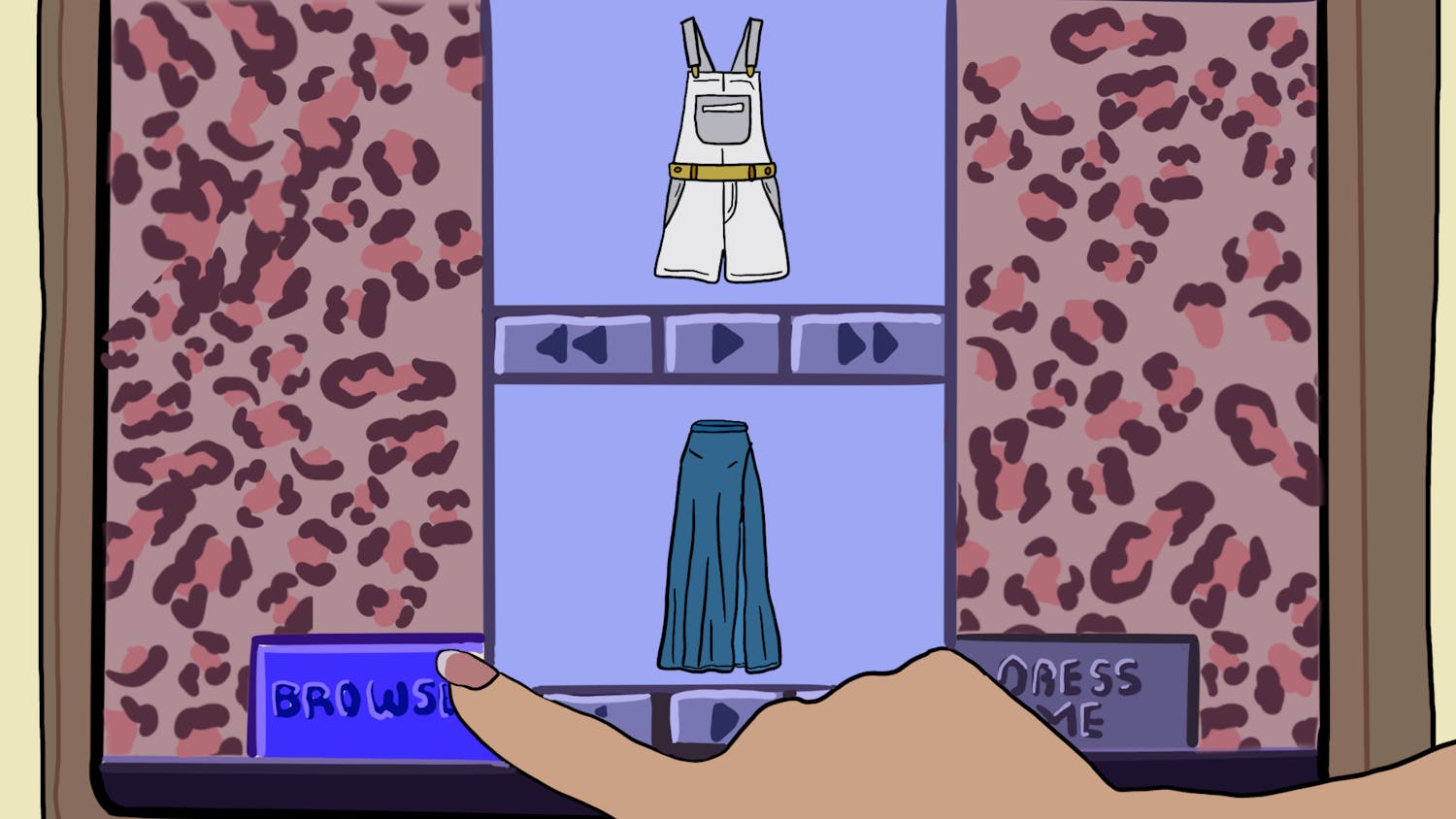Despite an increase in confirmed Zika cases and growing attention on the virus, Ohio University will continue study abroad programs to affected areas.
Lori Lammert, associate director for the Office of Global Opportunities, said OU has winter break programs in Argentina, Costa Rica, Jamaica, the Bahamas and Nicaragua. Lammert said the university doesn’t have final enrollment for those trips but gave a rough estimate of about 100 students.
She said the fall semester typically has a lower number of students going abroad, and none of the semester-long programs in the spring are to a Zika-affected country.
The university also has spring break programs to the Bahamas, Belize, Cuba, Jamaica and Panama, she added.
According to data from the Centers for Disease Control and Prevention, there have been 33 confirmed cases in Ohio, all of which are associated with travel and account for about one percent of cases in the United States. Areas in the Caribbean and South and Central America have been the ones most effected by Zika.
“The Zika infection ordinarily isn’t a serious infection,” Dr. James Gaskell, health commissioner for the Athens City-County Health Department, said. “Those people who have this virus have rash, some sore joints, red eyes, fever for about a week. The major concerns are in the offspring of pregnant women.”
Sarah Stier, a junior studying photojournalism, traveled to Rio de Janeiro in Brazil to photograph the 2016 Olympics. She said although she was concerned about the virus, her concern wasn’t enough to prevent her from going.
“It seems like a lot of what we hear from the media in the U.S. is greatly exaggerated,” Stier said. “I met a ton of Brazilians who all had told me that none of them had ever even met someone with Zika.”
The Office of Global Opportunities said in a statement on its website that the university is “carefully monitoring” the situation and would re-evaluate programs in Zika-affected locations if the CDC issues a Warning Level 3 to avoid non-essential travel. Lammert said the office would continue to communicate and post messages on their website, as well as advise students on prevention and safe sex.
“We’re just going to make sure people are educated, and we’ll be looking more closely at each site to see how many Zika cases are there,” Lammert said.
She added that higher altitudes tend to be safer, even in countries that have received warnings from the CDC, because there is a lower chance of mosquito bites in those areas.
"There are some nuances that we’ll be looking at more closely as our programs approach to make sure we’re getting the best information to students,” she said.
The CDC lists headaches and muscle pain as other possible symptoms. Gaskell said a woman infected in the first three months of pregnancy has a considerable chance of having a baby with microcephaly. According to the Mayo Clinic, microcephaly, a rare neurological condition usually resulting from abnormal brain development, causes small heads in infants.
Zika can also be spread through sexual transmission, and Gaskell recommended that those returning from Zika-infected areas should use condoms for eight weeks if they haven’t had symptoms, while males who have had symptoms should use condoms for at least six months.
“I think it’s highly unlikely that we’ll have Zika transmission in Ohio unless it's sexual transmission,” Gaskell said.
Gaskell said Ohio doesn’t have the mosquito that carries the Zika virus, but it does have a mosquito within the same family. The Ohio Department of Health stated on its website that the related mosquito found in Ohio could potentially transmit the virus, but has not yet been implicated.
“We’re collecting mosquitos in this county, and they’re collecting mosquitos throughout the state and sending them to the state lab for identification,” Gaskell said.
Areas of Miami-Dade County in southern Florida, including a section of Miami Beach, have been identified as areas where the virus is being spread by mosquitos. Gaskell said it could pose a concern considering Florida’s popularity as a vacation spot.
“My recommendations for pregnant women would be to not travel to Florida or travel to Central/South America or the Caribbean during pregnancy,” Gaskell said. “If you anticipate getting pregnant sometime soon you probably shouldn’t travel to those areas either.”






